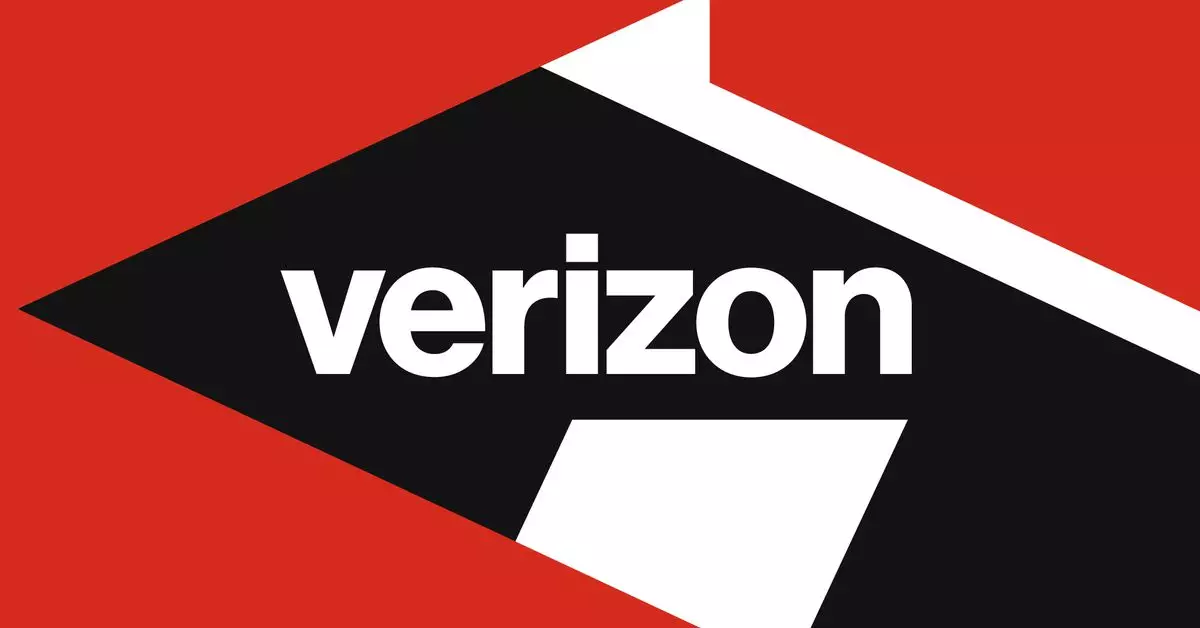Verizon, one of the largest telecommunication companies in the United States, is facing a major lawsuit from powerful record labels such as UMG Recordings, Warner Music, and Sony Music. These labels have accused Verizon of turning a blind eye to its customers’ copyright violations for financial gain, leading to potential damages amounting to billions of dollars under the Digital Millennium Copyright Act (DMCA).
The Allegations
The plaintiffs claim that Verizon ignored nearly 350,000 infringement notices from the record labels since 2020, alleging that the company prioritized profits over addressing illegal file sharing by its subscribers. It is alleged that Verizon’s subscribers engaged in Internet piracy in order to take advantage of the company’s faster internet speeds, which facilitated the sharing of copyrighted content through P2P protocols. This created a safe haven for infringement, leading to a culture of piracy among Verizon subscribers.
The implications of Verizon’s alleged actions are significant, not only for the record labels involved but also for the music industry as a whole. By failing to take meaningful action against infringing subscribers, Verizon has inadvertently encouraged the illegal downloading of copyrighted works, depriving artists and creators of their rightful compensation. This not only undermines the integrity of intellectual property rights but also sets a dangerous precedent for other ISPs and content providers.
The lawsuit brought forth by the record labels charges Verizon with both contributory and vicarious copyright infringement, seeking maximum penalties for each violation listed in the lawsuit. The outcome of this legal battle could have far-reaching implications for future copyright enforcement efforts and the responsibilities of internet service providers in combating online piracy.
Verizon’s alleged actions have raised serious concerns about the company’s role in enabling copyright infringement and the financial implications for the music industry. As the legal battle unfolds, it will be crucial to consider the broader implications for intellectual property rights and online piracy in the digital age. The outcome of this case could potentially reshape the obligations of ISPs and content providers in upholding copyright laws and protecting the rights of content creators.


Leave a Reply